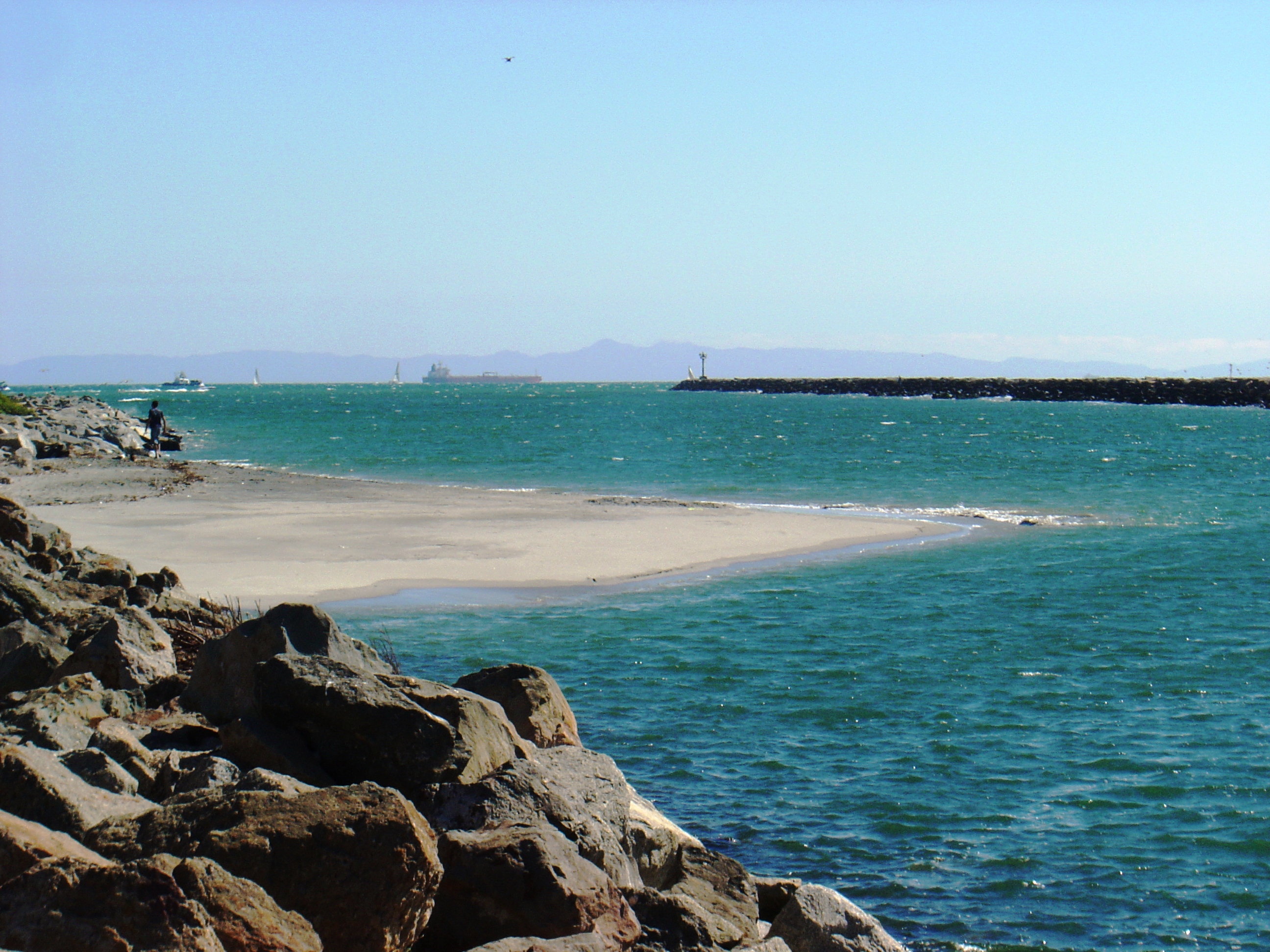FY25 Bureau of Land Management Fuels Management and Community Fire Assistance- Bureau wide
Wildland Fire Fuels Management and Community Assistance Program activities represent strategic investments in managing vegetation by reducing the intensity, severity, or negative effects of wildfire.
These initiatives provide cost-effective benefits to the American people, help restore and maintain healthy ecosystems and support communities in becoming fire adapted.
Program activities include developing local capacities through assessment and planning, community and homeowner mitigation efforts, and implementation of fuels management treatments and activities.
This involves training, monitoring, or implementing/maintaining fuels management on federal land or adjacent non-federal land to benefit federal resources, as well as assisting with wildfire prevention to mitigate risks to communities and their values.
Additionally, the Bureau of Land Management (BLM) has an opportunity to collaborate with partner organizations to support these efforts, reducing the intensity, severity, risk, and impact of catastrophic wildfires on local communities through coordination, hazardous fuel reduction, and further education on wildfire prevention.
These activities help create jobs and advance conservation and restoration efforts through planning and implementation of hazardous fuels reduction projects in wildland-urban interface (WUI) areas.
This work aligns with the Department of the Interior's priorities to create a conservation stewardship legacy while generating revenue and utilizing natural resources, while also reflecting BLM's commitment to develop and sustain partnerships and streamline processes to serve its customers and the public effectively and efficiently.
These initiatives provide cost-effective benefits to the American people, help restore and maintain healthy ecosystems and support communities in becoming fire adapted.
Program activities include developing local capacities through assessment and planning, community and homeowner mitigation efforts, and implementation of fuels management treatments and activities.
This involves training, monitoring, or implementing/maintaining fuels management on federal land or adjacent non-federal land to benefit federal resources, as well as assisting with wildfire prevention to mitigate risks to communities and their values.
Additionally, the Bureau of Land Management (BLM) has an opportunity to collaborate with partner organizations to support these efforts, reducing the intensity, severity, risk, and impact of catastrophic wildfires on local communities through coordination, hazardous fuel reduction, and further education on wildfire prevention.
These activities help create jobs and advance conservation and restoration efforts through planning and implementation of hazardous fuels reduction projects in wildland-urban interface (WUI) areas.
This work aligns with the Department of the Interior's priorities to create a conservation stewardship legacy while generating revenue and utilizing natural resources, while also reflecting BLM's commitment to develop and sustain partnerships and streamline processes to serve its customers and the public effectively and efficiently.
Related Programs
National Fire Plan Wildland Urban Interface Community Fire Assistance
Department of the InteriorWho's Eligible
Relevant Nonprofit Program Categories
Obtain Full Opportunity Text:
Visit here (U.S. Embassy Seoul Website) for a full announcement with proposal templates
Additional Information of Eligibility:
Individuals and For-Profit Organizations are ineligible to apply for awards under this NOFO.This program NOFO does not support entities hiring interns or crews under the Public Lands Corps Act of 1993.
The Public Lands Corps Act of 1993, 16 USC, Chapter 37, Subchapter II-Public Lands Corps, is the only legislative authority that allows BLM to "hire" interns under this authority.
Therefore, eligible Youth Conservation Corps may only apply for projects developed under NOFO 15.243 – BLM Youth Conservation Opportunities on Public Lands.CESUs are partnerships with a purpose to promote, conduct, and provide research, studies, assessments, monitoring, technical assistance, and educational services.
If a cooperative agreement is awarded to a CESU partner under a formally negotiated Master CESU agreement which is consistent with the CESU purpose, indirect costs are limited to a rate of no-more-than 17.5 percent of the indirect cost base recognized in the partner's Federal Agency-approved Negotiated Indirect Cost Rate Agreement (NICRA).
Applicant"s should specify if their proposal furthers the purpose of the CESU program, and if so which CESU Network should be considered as host.
Full Opportunity Web Address:
https://kr.usembassy.gov/grants/
Contact:
Agency Email Description:
chandabrown@blm.gov
Agency Email:
Date Posted:
2025-06-23
Application Due Date:
Archive Date:
2025-08-22
Social Entrepreneurship
Spotlight
When it Comes to Social Enterprises, Failure is the Best Platform for Innovation

In the world of social enterprises, failure is a cringe-worthy moment nobody wants to talk about. But, social entrepreneurs can benefit from their failures.

